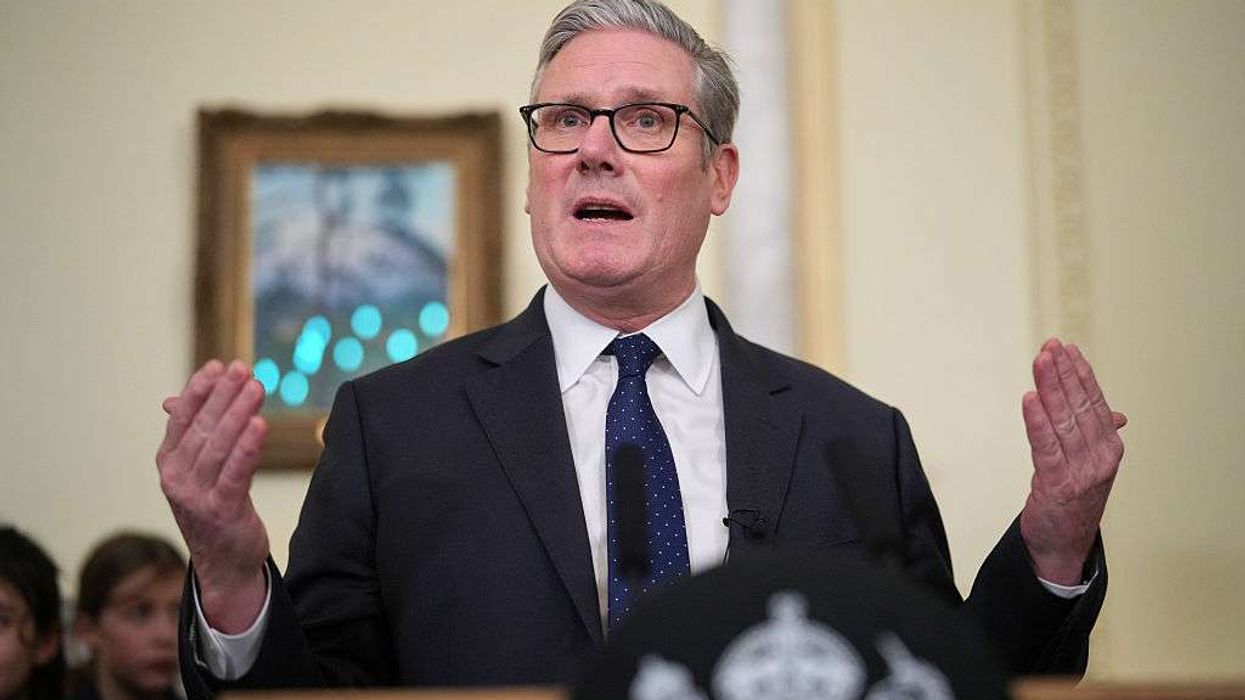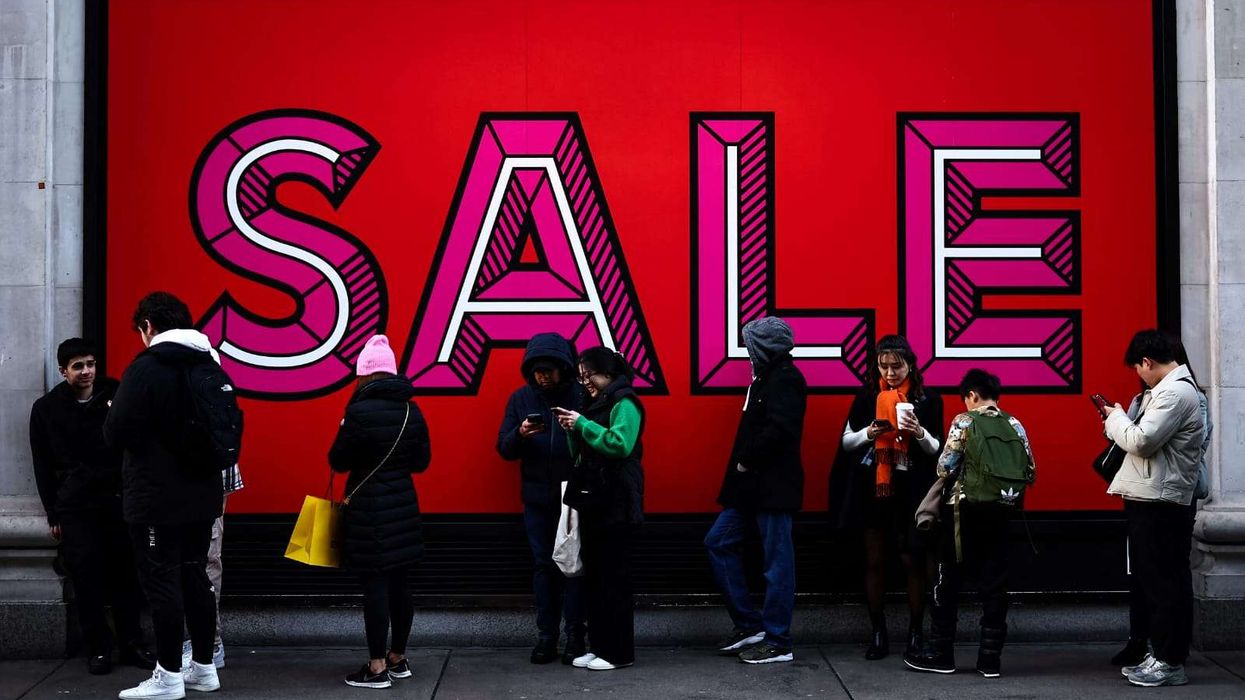by LAUREN CODLING
HIGHLY-SKILLED professionals from India and other south Asian countries will no longer face visa caps when migrating to Britain as the UK cabinet agreed to drop current rules that give preferential treatment to workers from the EU.
Citizens from the other 27 European Union member states are currently free to live and work in Britain under the bloc’s freedom of movement rules, but this will end after Brexit.
A Downing Street spokeswoman said: “The cabinet agreed that once free movement is
brought to an end, the government will be able to introduce a new system which works
in the best interests of the UK, including by helping to boost productivity.”
Prime minister Theresa May is expected to make further announcements on additional
immigration rules at her Conservative party’s conference which is due to take place in Birmingham next week.
Last week, official advisers recommended prioritising high-skilled migrant workers coming to Britain after Brexit. They also said there should be no preferential treatment for workers from the EU.
On Monday (24), Alan Manning of the Migration Advisory Committee, briefed the cabinet
on his plan that recommends “supporting a system based on skills rather than nationality”.
However, as home secretary Sajid Javid announced proposals for restrictions on the number of low-skilled migrants coming to the UK after Britain leaves the EU, the chancellor
opposed the proposition.
Philip Hammond argued that a plan to reduce the number of low-skilled migrants could
lead to labour shortages in parts of the economy.
An Asian peer who has campaigned for students and business owners outside the EU
told Eastern Eye on Tuesday (25) that although the latest policies on highly-skilled migrants
was a good move, more needed to done.
“It is excellent, we should have as [many highly-skilled workers] as we need,” Lord Karan
Bilimoria said. “But I would go further and say we need people from across the board.”
Commenting on recent statistics showing the UK’s lowest unemployment levels in more than 40 years, Lord Bilimoria believes this will cause problems when certain employment
sectors require staff.
The hospitality industry, he argued, was one field where employment rates could potentially suffer.
“It is all very well saying train up local people [from the UK], but look at the logic – if we
train up local people, unemployment is already at four per cent,” he said. “Where are
these people going to come from if we have such low unemployment?”
Aditi Bhardwaj, one of the protest organisers of campaign group Highly Skilled Migrants, told Eastern Eye on Wednesday (26) that the move was a "great start".
Going forward, any post-Brexit immigration policy could be affected by Britain’s future trade deals.
Countries such as India are keen for easier movement of its nationals should they choose
to work in Britain, but talks on the matter have not been without hurdles.
India’s prime minister Narendra Modi is reported to have discussed it with May, but the Conservative government has been keen to keep immigration numbers down as it emerged as a key concern for UK voters during the EU referendum in June 2016.
Shadow home secretary Diane Abbott has criticised the government’s approach to immigration policies post-Brexit, claiming it is “still unfair [and] unworkable.”
The Labour MP also accused the Conservative party of “ignoring the needs of the UK’s economy”.
“Keeping out vital social care workers and others because they are low-paid is economically
damaging, and business have strongly criticised this policy,” Abbott said.
The EU may well seek to negotiate continued preferential treatment in return for access to its single market, while other countries could also seek visa waivers in return for trade deals with Britain when it leaves the EU next March.
Lord Bilimoria, who is also the co-founder of Cobra Beer, cautioned that India could feel “discriminated against” while the UK talks of free trade deals as there is a difference in visa fees when compared to other countries across Asia.
Tourist visa prices differ between China and India, with Indians paying a higher amount of
money than Chinese for the same type of multiple entry visa.
The Home Office also announced in June that citizens of 11 countries – including China
and Serbia – would be able to access a streamlined process to apply for Tier 4 student visas to study at UK universities.
India, however, has been excluded from this list, much to its irritation.
“On the one hand, the government is saying they want to do free trade deals with India after Brexit, but then on the other, they have insulted India by excluding them in this list of favoured countries,” Lord Bilimoria said, questioning the reasoning behind the price differences. “The UK needs to stop discriminating [India], and then we can talk about a free trade deal.”
May promised last week that even if Brexit negotiations with the EU break down, the rights of Europeans currently living in Britain “will be protected”.
Her spokesman said there would be formal proposals published “shortly”.
(With agencies)











